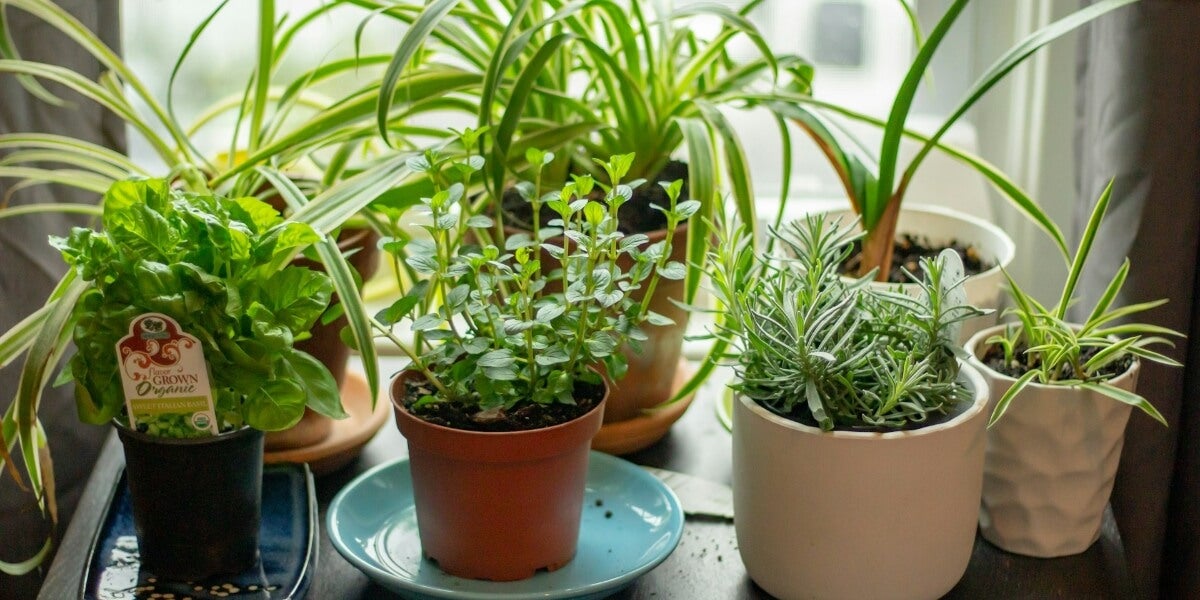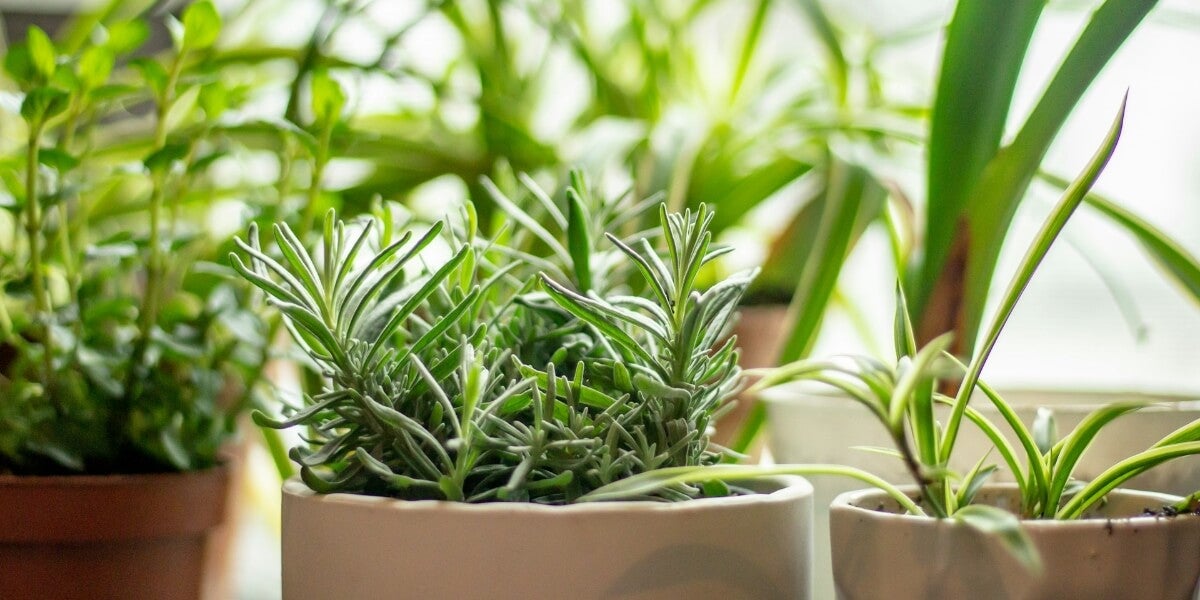Martin Banks 07.16.24

A homestead herb garden is handy to have in any landscape. What you harvest can transform a meal, protect other plants and do much more. It can also be straightforward to start and cultivate one in any season. Here are eight tips to help you get started on the versatile food plot that a homestead herb garden can be.
1. Pick the Right Herbs
Herbs are quite easy to grow, though certain types can be hardier than others. Some may be easier to grow in warmer climates. For instance, basil has a slower growth rate when it’s and should be reserved for summer.
Several other herb options are more versatile. Dill is ideal for warmer climates, but it can perform well in cool weather, too. Sage can thrive in different extremes with the right soil and drainage.
2. Check Your Soil Blend
Herbs require a good soil blend to thrive. Putting them directly in the ground is less successful than a raised garden or container with its own unique setup. Consider putting several herbs into a large container for cost-efficiency.
Herbs adapt to tight and rocky soil, though it’s better to have loamy earth with moisture to ensure proper growth. Compost can loosen the soil, so use it to achieve the right density.
3. Provide Good Lighting
Herbs can be grown outdoors or indoors. Whichever you prefer, remember to give them as much sunshine as they need. Herbs typically need four to six hours of sunlight each day to thrive.
Indoor herbs should be positioned near east-facing windows. This will give them enough sunlight throughout the morning. South-facing windows offer plenty of daylight without being too intense if your plants require more sun exposure.
4. Give Water as Needed
Herbs should be watered thoroughly to keep them as healthy as possible. However, you don’t want to get the soil too wet, as this can hinder their growth and dry them out. Wait for the soil to dry out before re-watering.
Ensure you have a proper drainage system. For example, use planters with holes. Put them in bigger pots to catch the water seeping out. You can also use plant risers for air circulation, which helps with moisture control in the long run.
5. Prevent Pests
Any garden is prone to pests year-round. The good news is herbs naturally repel them with their fragrance. Bugs aren’t huge fans of mint, lemongrass and other plants. However, if you find a few persistent pests on your property, take matters into your own hands.
Clear trash that might attract bugs to your property. You can also plant flowers like lavender near the herb garden. Aside from their aesthetic appeal, the scents and colors also repel harmful pests and attract pollinators.
6. Harvest at the Best Time
You can start an herb garden during any season because herbs usually grow faster than other plants. Gauge when they’re ready through visual inspection. If the leaves are dry and the greenery isn’t flowering, you can cut them off.
You can also use the season as a sign of when to harvest. For example, wild asparagus is a great medicinal herb. It’s best to harvest it in late springtime before it creates fronds or berries.
7. Use Your Herbs
Since herbs grow easily, you’re bound to have many ready for harvesting at once. Use them up to avoid waste. Shred excess basil to make pesto for pasta. Parsley is a good garnish for many dishes.
Herbs also have more unconventional uses. For instance, they can enhance cheese’s ability to ward off bad bacteria, a great trick for trailside charcuterie boards. You can also combine rosemary, eucalyptus and thyme with lemon, cloves and cinnamon for an effective cleaning spray.
8. Replant Herbs
Herbs can be used to propagate what you grow and cultivate multiple portions. In most cases, you can dig up the plant, transfer it to a larger planter and wait for it to multiply without spending another cent.
Alternatively, you can propagate herbs by cutting rooting from existing plants. For example, cut the node on the stem of your basil plant. Take out the lower leaves and put the cut end into a moist soil mix. Make sure it’s humid to avoid decay.


Create a Homestead Herb Garden
Growing herbs is pretty straightforward when you have the right tips and a good amount of patience. Dedicate land for this garden type and enhance your homesteading experience.
